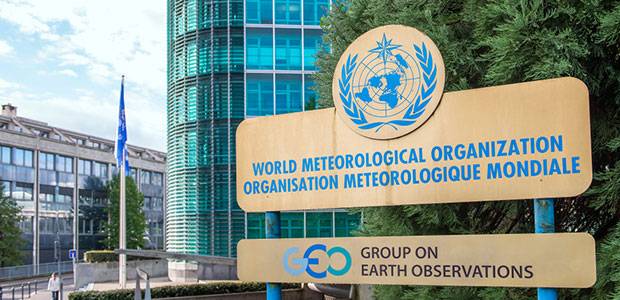The most recent report compiled by the World Meteorological Organization and partners concludes that the pandemic did nothing to stop climate change. Scientists conclude that global warming will exponentially accelerate unless long-term changes are sustained.
The COVID-19 pandemic turned lives upside down this year. Economies crashed, jobs were lost, and people faced the possibility of spending an innumerable amount of time at home with their families. The environment, however, seemed to revive itself amidst the unrest. Air quality temporarily improved, water in public canals and rivers cleared up, and wild animals showed up in places that have not seen them in years. However, did the pandemic bring any mitigations to the looming threat of climate change and rising global temperature? No, according to the most recent report published by the WMO and other partner organizations.
The report.
Named United in Science in order to demonstrate cross-industry agreement – is a multi-organizational high-level compilation of the latest climate science information. The annual report was written under the direction of the United Nations Secretary-General António Guterres and in collaboration with the Global Carbon Project, an organization that quantifies the global greenhouse gas emissions and their causes, as well as the Intergovernmental Panel on Climate Change.
The comprehensive report dedicated a chapter to each of the contributing organizations and their conclusions with the goal of delivering the latest climate science to the interested individuals and government officials. “Never before has it been so clear that we need long term, inclusive, clean transitions to tackle the climate crisis and achieve sustainable development.” António Guterres stated in the foreword to the report, “we must turn the recovery from the pandemic into a real opportunity to build a better future. In order to do that, governments need consistent and solid science, backed by the strong collaboration of scientific institutions and academia, to underpin policy decisions that can tackle the greatest challenges of our time.”
The report outlined that lockdown related fall in emissions did not reduce the global carbon dioxide concentrations. The estimated drop fell between 0.08 – 0.23 parts per million (ppm) was well within the 1 ppm predicted annual variability. So, even though some fluctuations in greenhouse gases were observed, they did not affect the global temperature rise by much. While scientists predict an imminent increase of 1.5 degrees Celsius above pre-industrial levels worldwide, this year has brought many other issues to the battle with climate change.
The destructive forest fires that were raging earlier this year in Australia, for instance, have left their impact on the global carbon dioxide concentrations since forest vegetation is considered a large carbon “sink” that gets consumed during photosynthesis. In July 2020, large observatories have measured the record carbon dioxide concentrations to date (414 ppm). Only sustainable and prolonged reduction in emissions has the ability to stabilize global warming according to the United Nations Environment Programme.
UNESCO’s Intergovernmental Oceanographic Commission has also noted that the COVID-19 pandemic has drastically affected the Global Ocean Observing System’s ability to forecast weather and predict climate change since the majority of monitoring boats had to be called off and the equipment was not adept at working independently. These unpredictable circumstances showed the vulnerability of global forecasting and research methods which now calls for further investment and development.
The COVID-19 pandemic was and remains an eye-opening experience for a lot of industries and scientific processes. It brings new challenges and discoveries to the modern world as well as showing its weaknesses and shortcomings, as well as – critically – sidelining previously known existential challenges. Perhaps more than anything, the United In Science report serves as a reminder that we have more than generation-defining challenge on the table.
For Times Media Mexico
Rixlie Fozilova in Michigan


